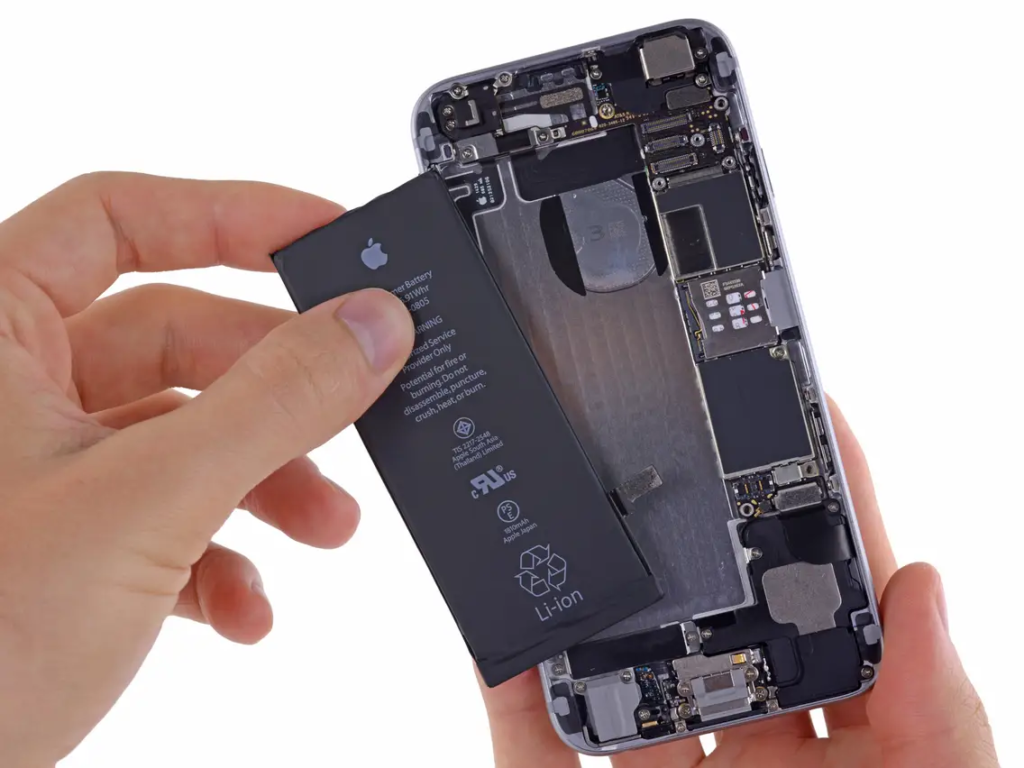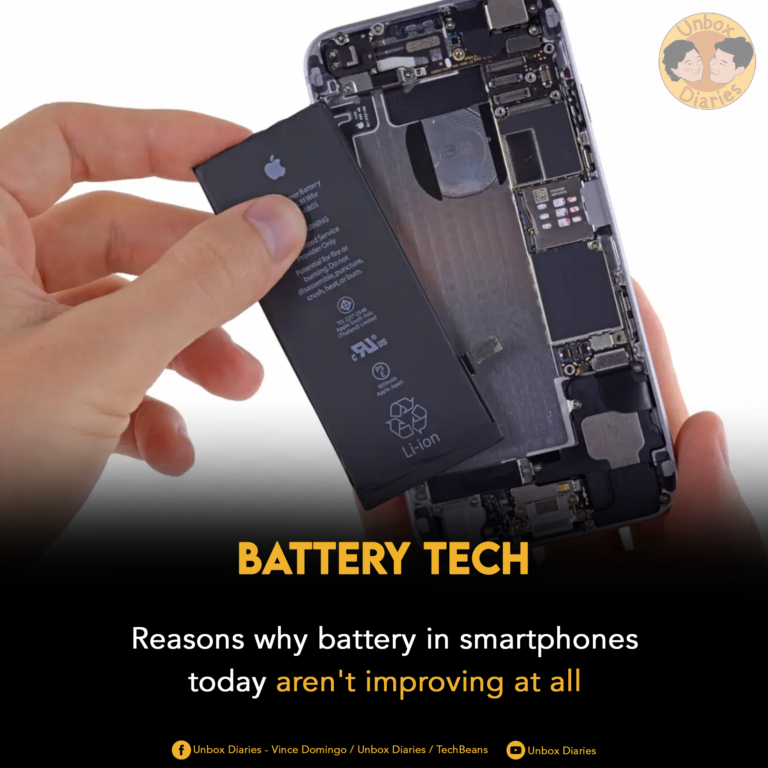Batteries are the lifeblood of any smartphone, a mediocre one can greatly affect a user’s experience every time. But why there are no significant improvements in battery tech as of today?
Battery technology in smartphones has not seen significant improvements in the last decade for several reasons:

- Battery chemistry: Lithium-ion batteries, which are currently used in most smartphones, have reached their practical limits in terms of energy density. This means that it is difficult to significantly improve the capacity of these batteries without making them larger or increasing the risk of overheating or fire.
- Safety concerns: Improving the energy density of batteries also increases the risk of overheating and fire, which can cause safety concerns. This has made it difficult for manufacturers to increase the capacity of batteries without also increasing the risk of safety issues.
- Cost: Improving battery technology requires significant research and development resources, which can be costly. Additionally, the cost of raw materials for batteries, such as lithium, has also risen in recent years, making it more expensive to produce batteries.
- Manufacturing challenges: Manufacturing batteries at scale can be challenging, as it requires specialized equipment and expertise. Additionally, mass-producing batteries that are both safe and have high energy density can be difficult.
- Energy-efficient hardware: As hardware components in smartphones have become more energy-efficient, this has reduced the overall demand for large batteries, which means that there is less incentive for manufacturers to invest in new battery technology.
- Battery degradation: With time and usage, batteries in smartphones tend to degrade over time which means that it holds less charge than when it was new, this requires the user to replace the battery or the whole device.
- Fast charging technology: As the fast charging technology is improving, this means that users can charge their devices in a shorter amount of time, this reduces the need for larger batteries.
- Wireless charging: Some smartphones now have the ability to charge wirelessly, which can be a convenient alternative to plugging in a cable and charging the device.
While battery technology in smartphones has not seen significant improvements in the last decade, research and development is ongoing and new technologies such as solid-state batteries and graphene-based batteries are being explored as potential solutions for increasing energy density.















